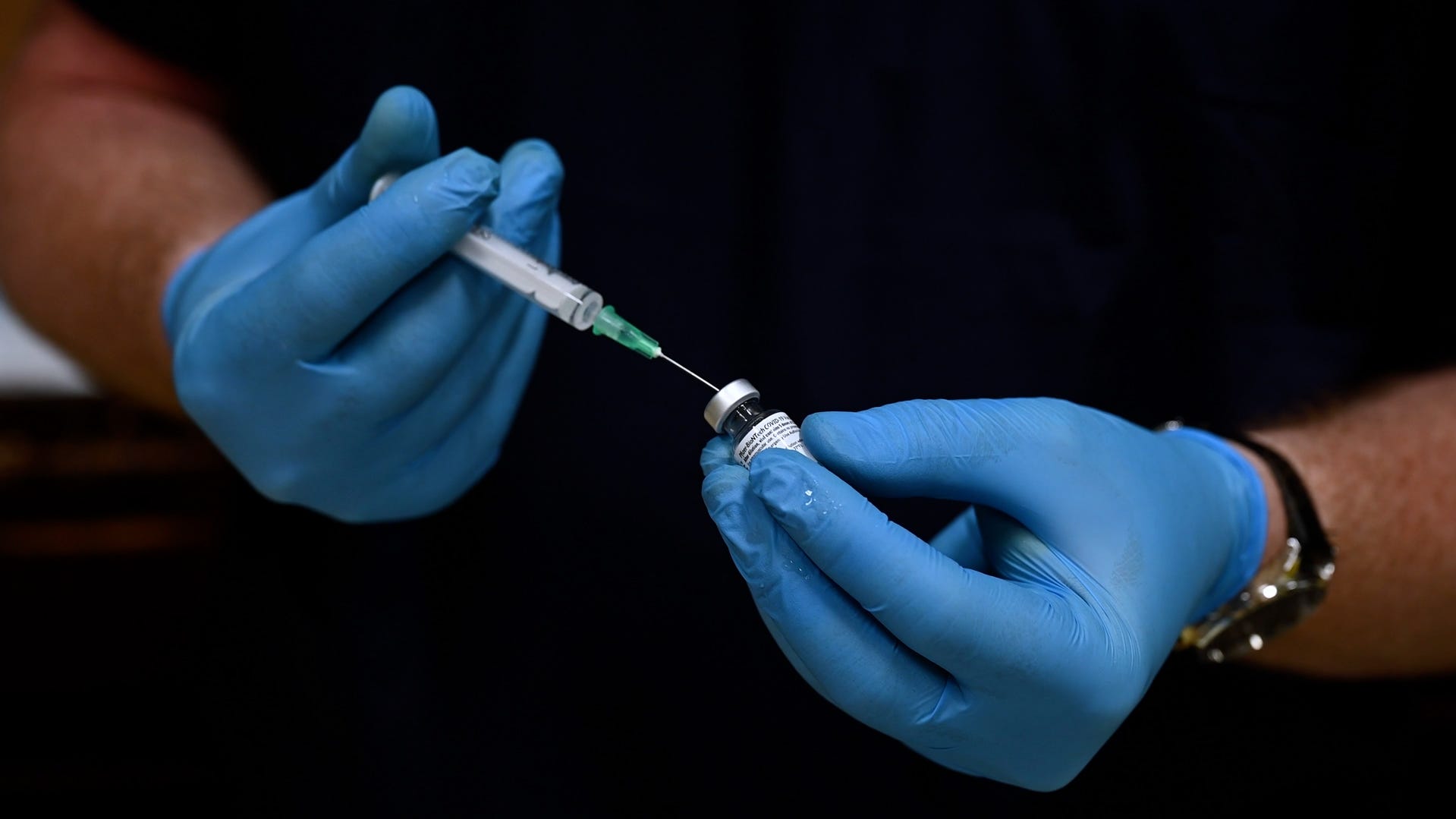Many said RFK Jr. would launch a war on vaccines, medicine. Is it here?

When Robert F. Kennedy Jr. was announced as President Donald Trump's U.S. Health and Human Services Secretary nominee, there were media outlets and commentators who suggested RFK Jr. would "wage a war" on vaccines. Concerns about his views were so widespread that vaccines and research-backed science were both a focus during his confirmation hearing.
So is the moment his opponents cautioned about now upon us?
It's been a busy week for the “Make America Healthy Again” leader – from updating the COVID vaccine guidelines, to threatening to bar government scientists from publishing in leading medical journals.
Kennedy’s COVID vaccine rollbacks and comments on scientific research are concerning, and it might be difficult for people to absorb all the medical news and recommendations they're hearing about, says Dr. Richard Besser, president and CEO of the Robert Wood Johnson Foundation and former acting director of the CDC.
Similar to how Kennedy wooed supporters with his commitment to cracking down on ultraprocessed foods and artificial food dyes, his comments against scientific journals contain a nugget of truth – companies can fund research, and people need to be able to trust the scientific studies used to inform health decisions.
“It’s a tricky situation when you have someone who is sharing valuable information about the impact of ultraprocessed food and the influence that the large companies can have on policy, and how we have to change that, while at the same time he is spreading falsehoods about the value of vaccination on people's health,” Besser says.
RFK Jr., vaccine recommendations and what changed
On May 15, Kennedy told people not to take “medical advice” from him after being asked about the measles vaccine by Wisconsin Democrat Rep. Mark Pocan.
“What I would say is my opinions about vaccines are irrelevant,” he said.
But on May 27, Kennedy announced in a video clip shared to X that the COVID-19 vaccine would no longer be included in the Centers for Disease Control and Prevention’s recommended immunization schedule for healthy children and pregnant women, in a move that breaks with previous expert guidance.
Traditionally, the CDC's Advisory Committee for Immunization Practices would meet and vote on changes to the immunization schedule or recommendations on who should get vaccines before the director of the CDC makes a final call. The committee has not voted on the changes Kennedy announced, and a CDC representative was not included in Kennedy’s video.
Kennedy also spoke on the “Ultimate Human” podcast, calling the New England Journal of Medicine, the Journal of the American Medical Association and The Lancet, three of the most influential medical journals in the world, “corrupt.”
“Unless those journals change dramatically, we are going to stop NIH scientists from publishing in them and we’re going to create our own journals in-house,” he said, referring to the National Institutes of Health, an HHS agency and the world’s largest funder of health research.
He added that these journals publish studies funded and approved by pharmaceutical companies. And there is some merit to Kennedy’s statements – major food and drug companies have funded scientific research. According to a 2015 article published in The Lancet, Coca-Cola disclosed spending $118.6 million over five years on scientific research and health and wellbeing partnerships; several influential medical organizations, including the American Cancer Society, received funding from the company.
RFK Jr.’s changes raise ‘grave concerns’ from scientific community
Kennedy’s move to change COVID vaccine guidelines contradicts his previous claims that he wouldn’t "take away anybody's vaccines."
However, the changes to the guidelines may affect what is covered by insurance and who has access to the shot if they still wish to receive it. Federal vaccine recommendations affect what private insurances will cover, and Medicaid only covers the full cost of recommended vaccines.
Besser says Kennedy’s updated guidelines “raise grave concerns about the stability of our vaccine recommendations.”
“There was no opportunity for people to explore the data that may be behind this decision or to ask questions,” he explains, “which makes me feel that there could be other decisions coming with the same lack of transparency.”
To lead their healthiest possible life, Besser recommends that people, especially parents, consult their trusted health provider to “sort through the massive amounts of information being thrown at them."
Contributing: Sudiksha Kochi